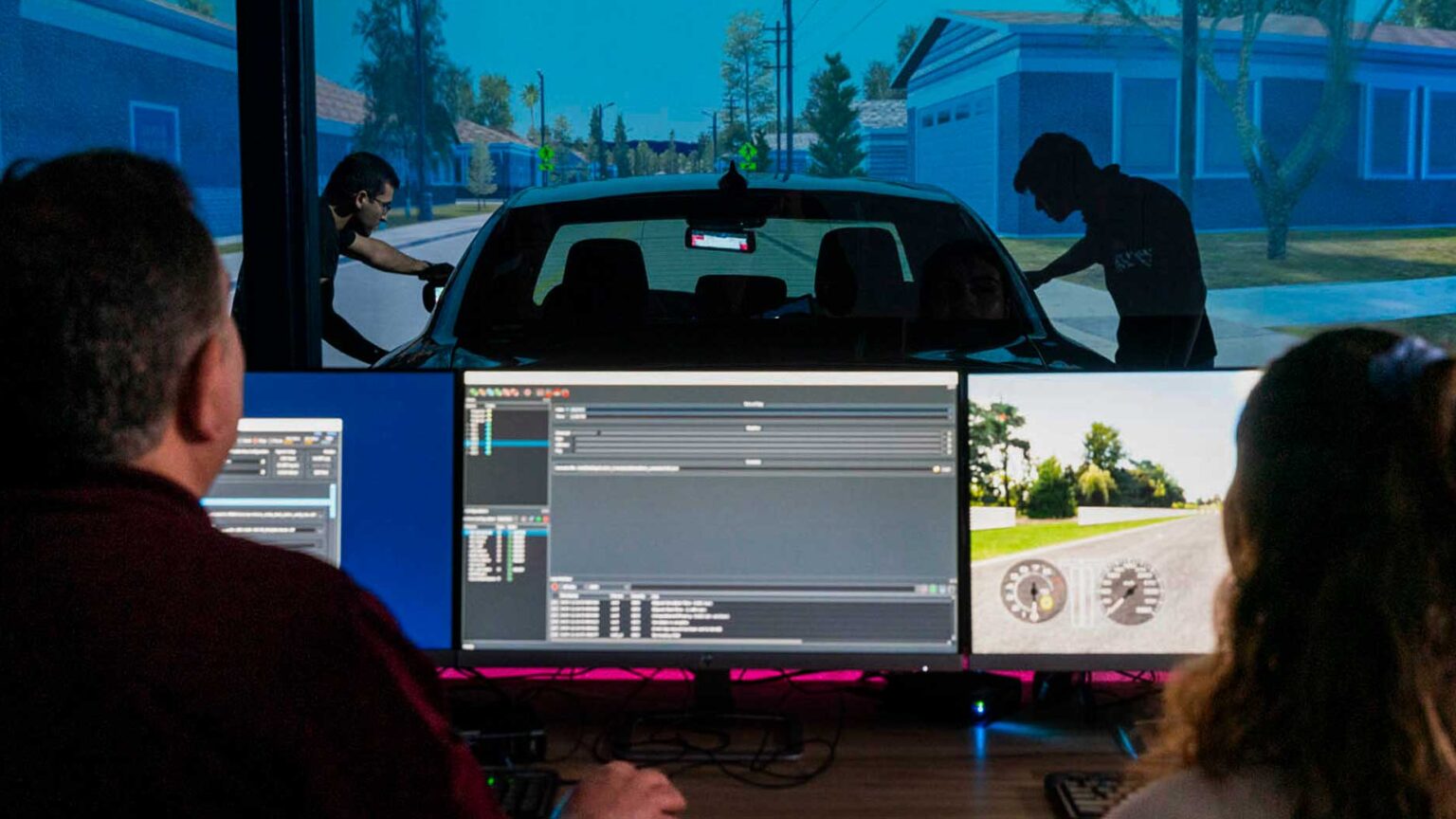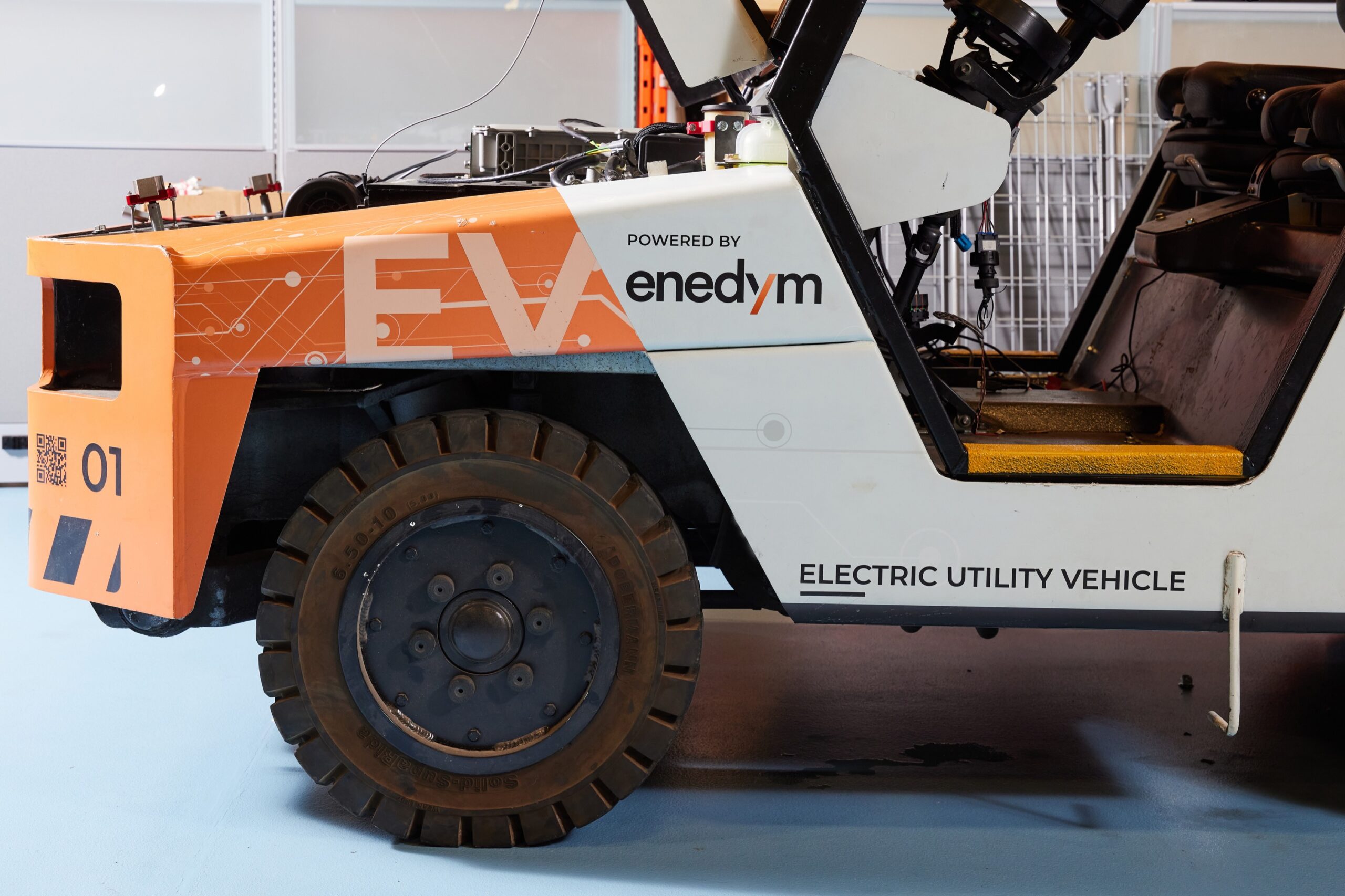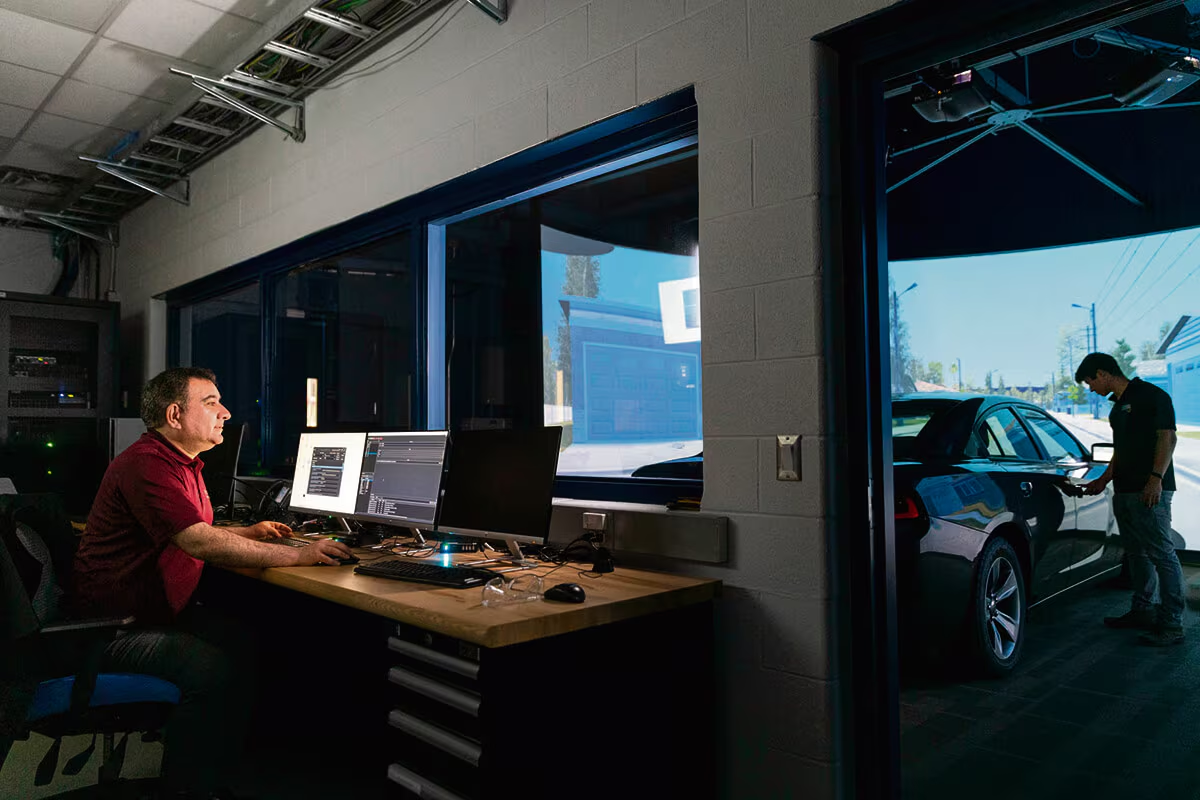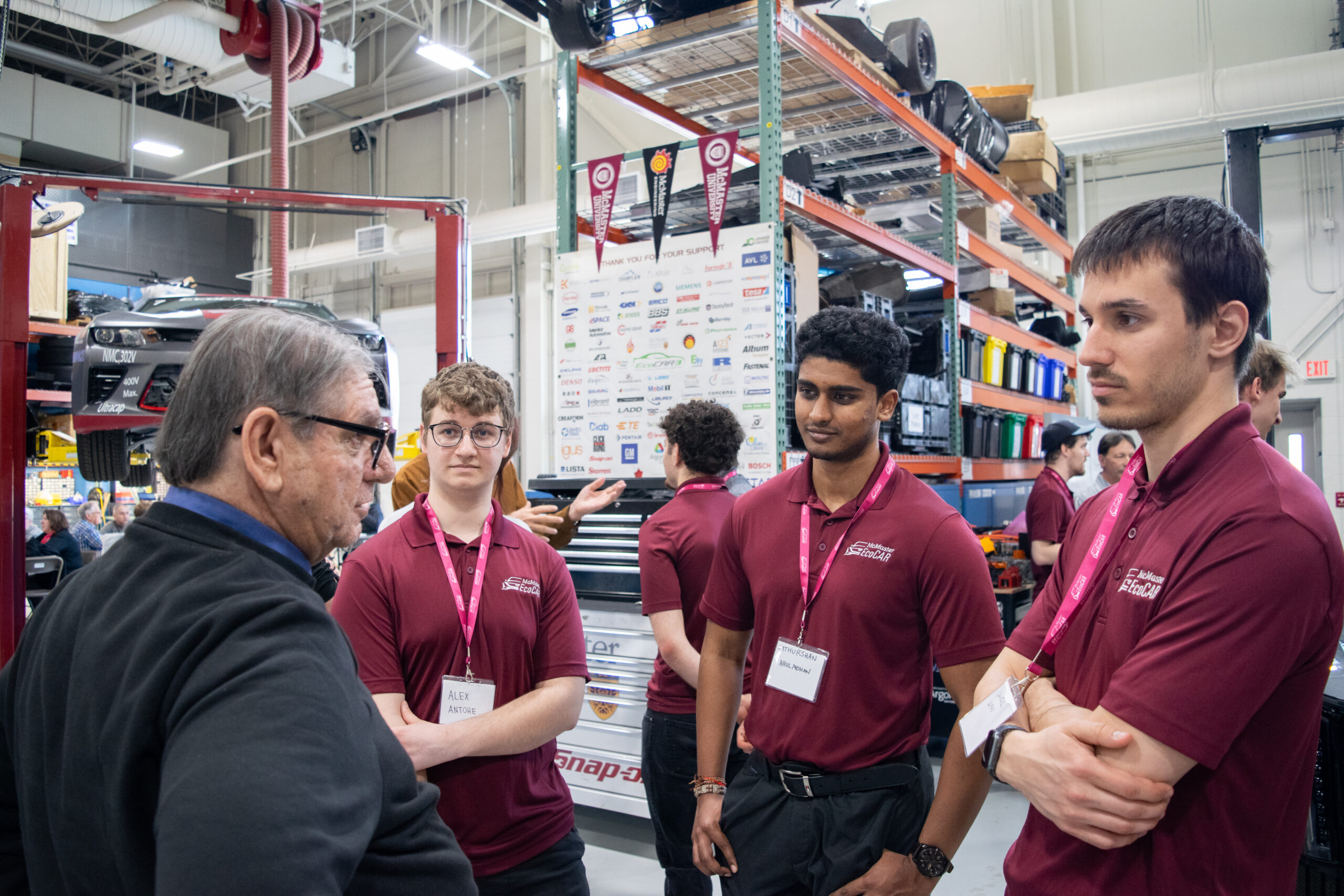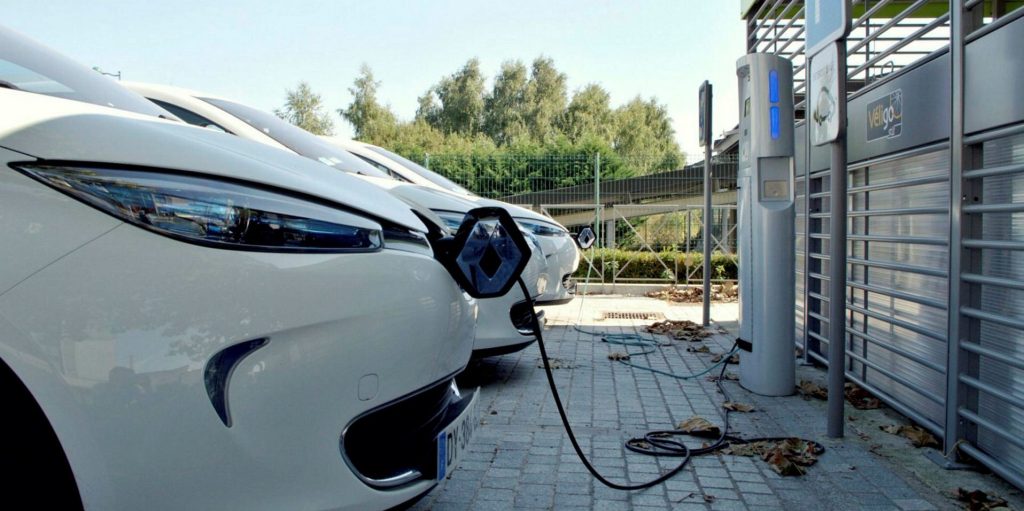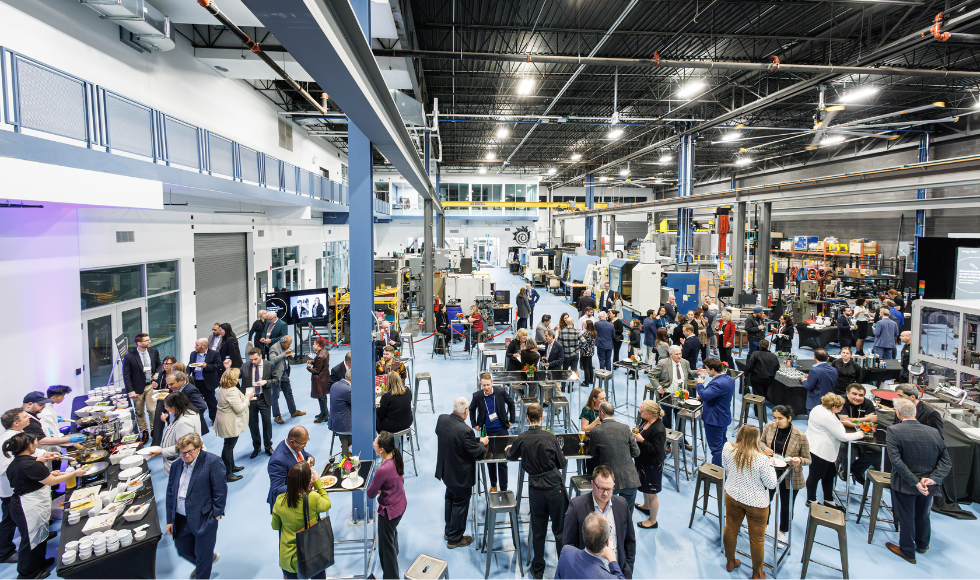2025 Research Engineer
2019-2025 Master’s and Ph.D. Student
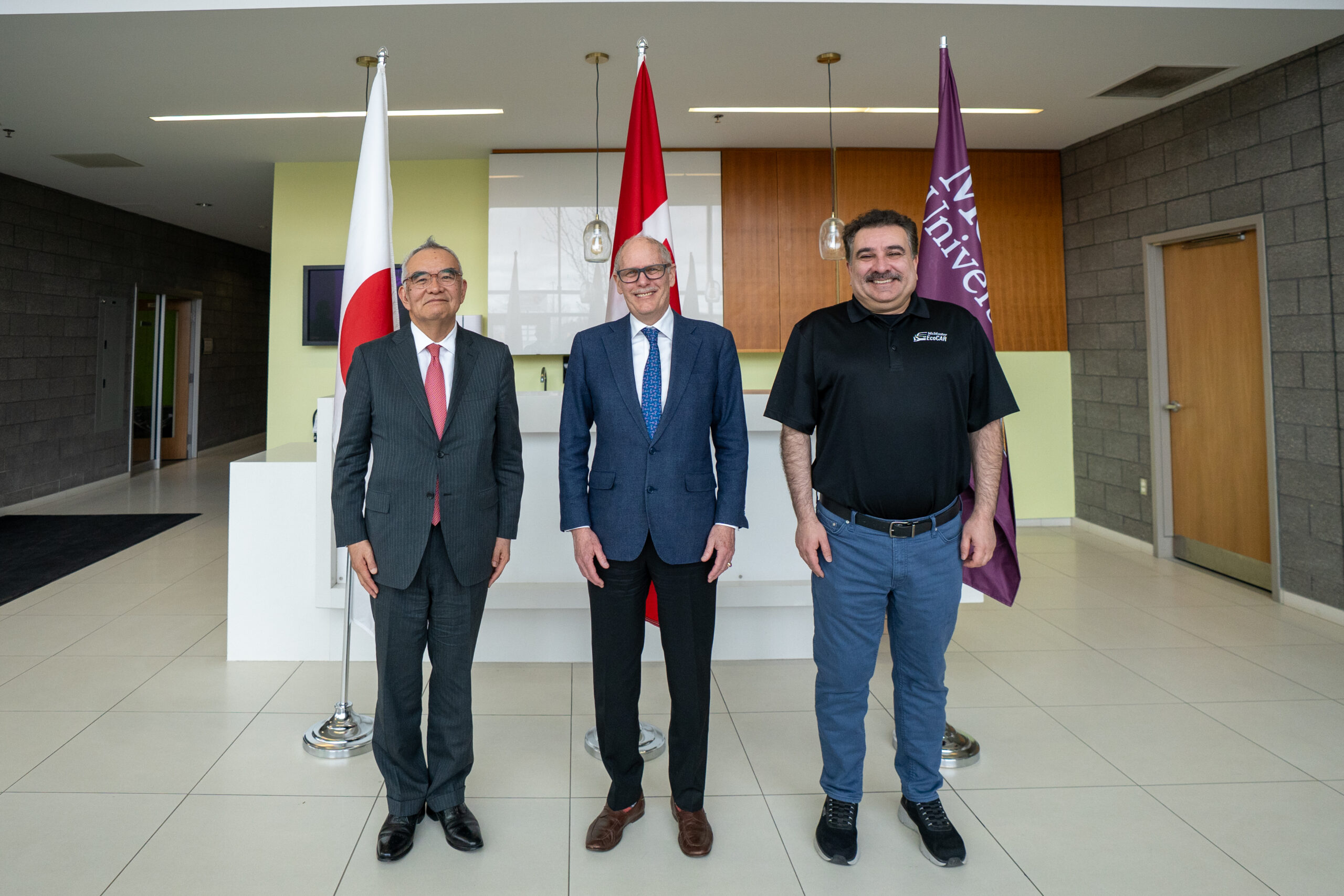
April 22, 2025: McMaster Welcomes Japanese Ambassador for Visit to Automotive Resource Centre
On April 16th, McMaster University had the honour of welcoming His Excellency Kanji Yamanouchi, Japan’s Ambassador to Canada, along with Mr. Ryutaro Ishii, Counsellor at the Embassy of Japan, and Mr. Yasutsugu Tamura, First Secretary for Education, Science, Technology, and Innovation.

